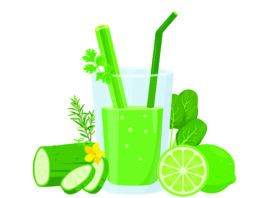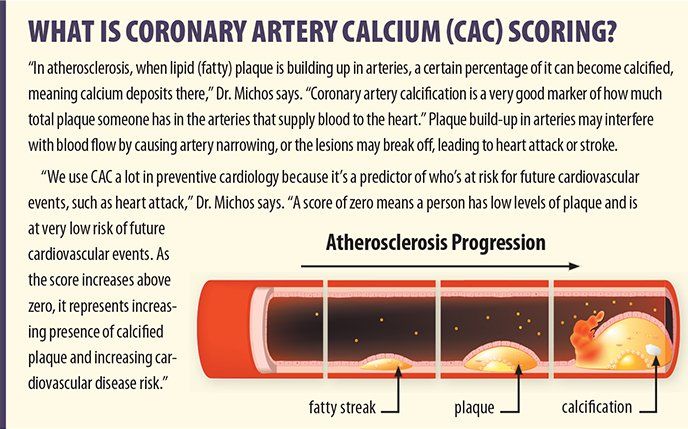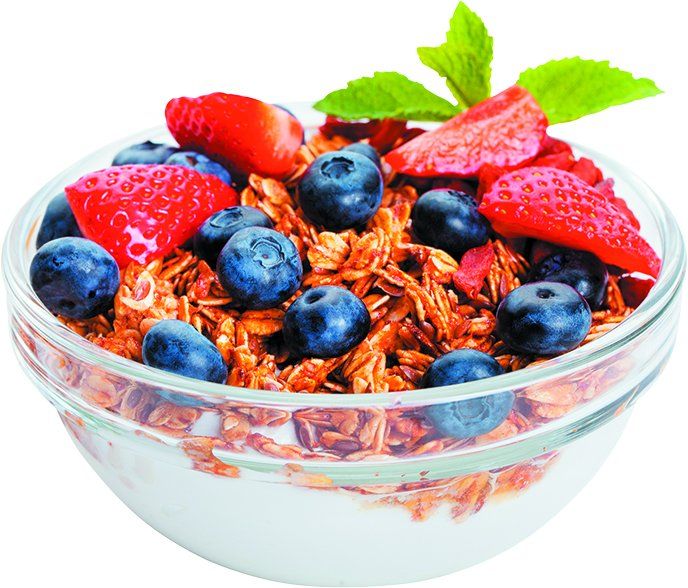Cinnamon and Blood Sugar
Cinnamon has long done double duty in cooking and as a folk remedy for various ailments. Today, scientists are studying cinnamon to see if it improves blood sugar, particularly in type 2 diabetes.
Are You Getting Enough Vitamin E from Your Diet?
The vast majority of us fall short of meeting vitaminE recommendations. But, that doesn't mean we have a vitaminE deficiency. Outright vitaminE deficiency is uncommon. And despite shortfalls, the 2015-2020 Dietary Guidelines for Americans did not identify vitaminE as a nutrient of public health concern.
Vitamin D Fails to Improve Insulin Function
Vitamin D deficiency has been associated with increased diabetes risk. But, the few published small trials of vitamin D supplementation havent shown a benefit on insulin function, which is important in blood sugar control. Included in this list is a new trial in the American Journal of Clinical Nutrition.
Why Are Calcium-Fortified Foods Better Than Calcium Supplements?
Calcium is better absorbed and utilized if consumed in smaller amounts spread out during the day. Calcium-fortified foods typically contain smaller amounts of calcium than dedicated supplements. And, although people tend to focus on calcium and vitamin D for bone health, many other nutrients, such as potassium, magnesium, zinc, vitamin C and vitamin K, also are important for bones.
Do Probiotics Help Gums and Teeth?
Any such potential benefits of probiotic supplements in the oral cavity would depend upon whether they are appropriate to the specific oral problem at hand. That means having the right bacterial composition, dosage level and vehicle for delivery, which may be either directly to oral tissues (for example, by injecting them under the gums or providing them in chewing gum or dissolvable lozenges) or indirectly via salivary or bloodstream effects of a swallowed supplement.
Are Supplements Toxic to Liver?
Dietary supplements are often viewed as "natural," but they aren't risk-free. In a sampling of more than 800 cases of liver toxicity (harm) suspected from supplements and medications in the US, 20% of cases were ultimately attributed to herbal and other dietary supplements. The rest of the cases were due to medications (which excluded the pain reliever acetaminophen, for which the potential of liver toxicity is well-known).
Food Is Smartest Calcium Source
You shouldn't have to choose between the health of your heart and your bones. Yet, news headlines sparked by studies over the past decade have resulted in a lot of confusion about possible ties between getting too much calcium and an increased risk of heart attack. A new analysis in which scientists considered the evidence as a whole, however, provides reassurance: You can safely meet your calcium needs without putting your heart at risk.
Trending at Farmers’ Markets
Locally-grown goodies await you at farmers' markets across the country. While you're picking up staples like green beans, tomatoes and strawberries, consider trying other nutritious, farm-fresh fare thats new to you.
When You Need Help Going
It's a bit of a taboo topic, but regular elimination of poo is a basic human necessity. Constipation can result in abdominal discomfort, bloating, hard stools, straining and hemorrhoids. Some people may turn to fiber supplements for help. That shouldnt be your initial approach though. Fiber supplements don't provide the good nutrition of fiber-containing plant foods important for overall health.
Choline Adequate Intake: What is Recommended?
Humans can produce choline, but the amount is usually not sufficient (depending on factors such as age and genetics), so dietary intake of some choline is necessary. In the US, the most common sources of choline are meat, poultry, fish, dairy products and eggs. Cruciferous vegetables, beans, nuts, seeds and whole grains also supply choline.
































